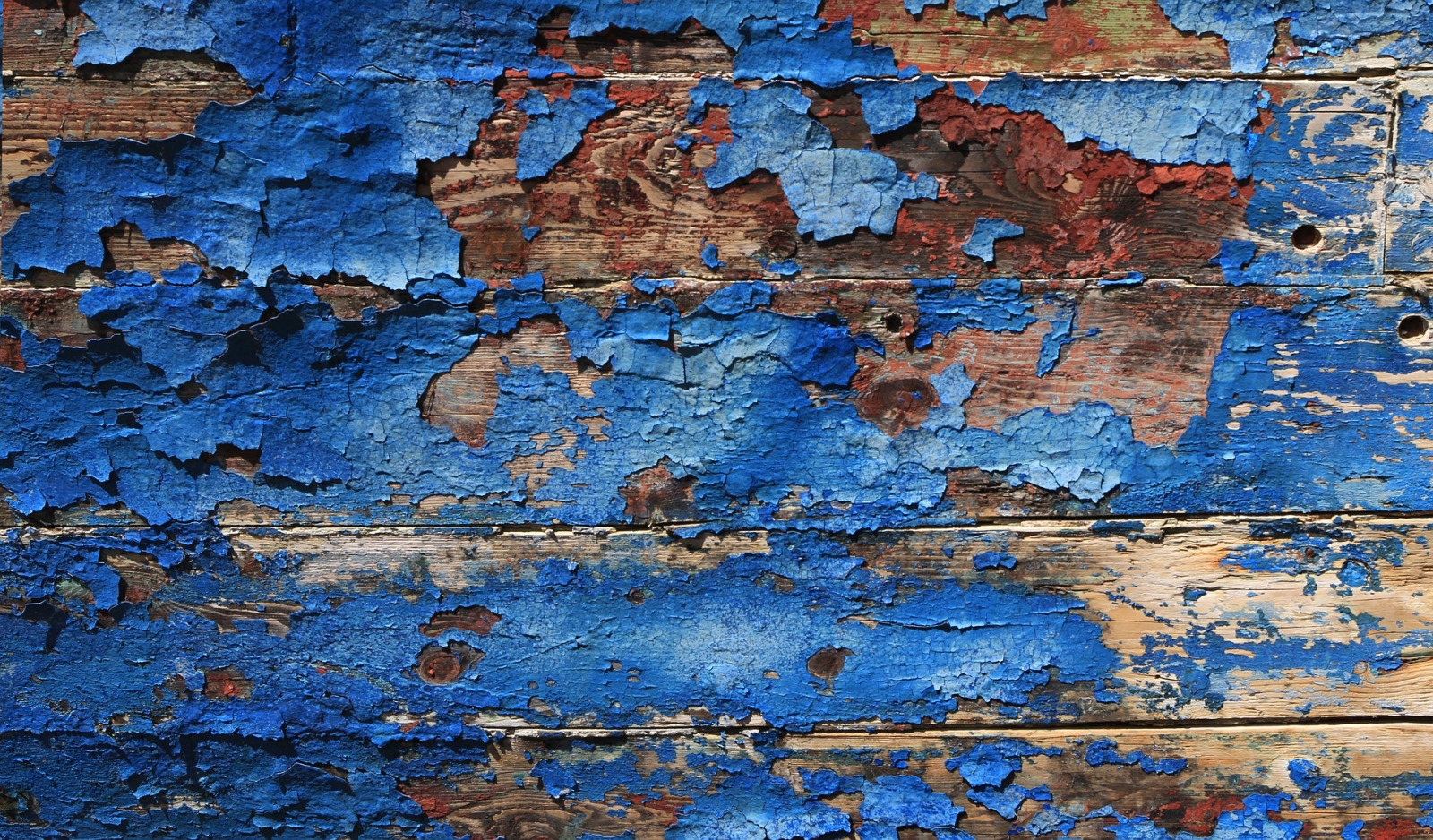Lead (Pb) is a naturally occurring element that can be toxic, causing health effects. There is no known safe level of lead in the human body. Lead exposure in children can result in behavioral and learning problems, lower IQ, hyperactivity, slowed growth, hearing problems and anemia, and can lead to seizures, coma, and even death, in rare cases. Talk with your family doctor or health care provider about screening your child for lead exposure if you have concerns.
Main cause of lead exposure:
Most lead exposures in children are traced back to the home environment. Lead-based paint and its dust, most commonly found in homes built before 1978, are the biggest sources of lead exposure in kids.
Other potential causes of lead exposure:
-
Contaminated yard soil
-
Drinking water plumbing
-
Adult hobbies and collectibles (e.g. ammunition reloading, handmade pottery, antiques)
-
Metal objects (e.g. jewelry, keys)
-
Imported traditional health remedies and cosmetics (e.g. azarcon, greta, kohl, paylooah, sindhoor, kumkuma)
Still have questions or concerns? Contact a local lead specialist – 564.397.8153
People at the highest risk are:
-
Kids younger than 6 are at highest risk because they often put their hands and objects in their mouths
-
Kids are also at higher risk for permanent physical and cognitive damage from lead exposure, due to their developing bodies and brains
-
Anyone living in homes built before 1978 with signs of deteriorated paint, especially around doors and windows
-
Anyone working and/or living in homes built before 1978 being renovated or remodeled
Talk with your family doctor or health care provider about screening your child for lead exposure if you have concerns.
What parents can do:
-
Have a health care provider perform a blood test to check your kid’s blood-lead level.
-
Keep kids away from peeling paint and plaster, especially homes built before 1978. The lead dust can get on toys and hands. Then, when kids put their hands or toys in their mouths, the lead is swallowed. Wash hands and toys that are exposed to peeling paint or plaster to remove lead dust.
-
Have your home drinking water and yard soil evaluated for lead.
-
Keep hobbies and occupations involving lead outside of the home. Take steps to avoid tracking lead into the home on clothes or hobby/occupation materials.
-
Keep young kids from putting metal objects and antique collectibles in their mouth.
Still have questions or concerns? Contact a local lead specialist – 564.397.8153
